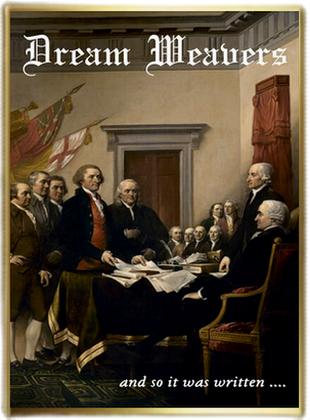Know your adversary and know yourself and you can battle a hundred times without fear. --- Sun Tzu
Understanding the history of politics and culture is essential for individuals to have a well-rounded perspective on the world around them. By studying the past, we can gain insights into the present and make informed decisions for the future. The history of politics and culture provides a framework for understanding the complexities of society and how various events and movements have shaped the world we live in today.
By knowing how certain political systems and cultural practices came into existence, we can better comprehend the underlying causes of conflicts and challenges facing society. Being aware of the history of politics and culture serves as a guide for making informed decisions in the present.
This knowledge also empowers individuals to recognize and resist authoritarian tendencies that threaten the fundamental freedoms and rights of people.
Knowing the history of politics and culture helps individuals develop a sense of identity and belonging. By learning about the political and cultural heritage of their communities, people can connect with their roots and understand the values and beliefs that have shaped their identities. Knowing the history of politics and culture can inspire individuals to become agents of change in their communities.
The agents of change throughout history are part of a complex web of cultural evolution that grew one visionary at a time into what we call "ours" today.
